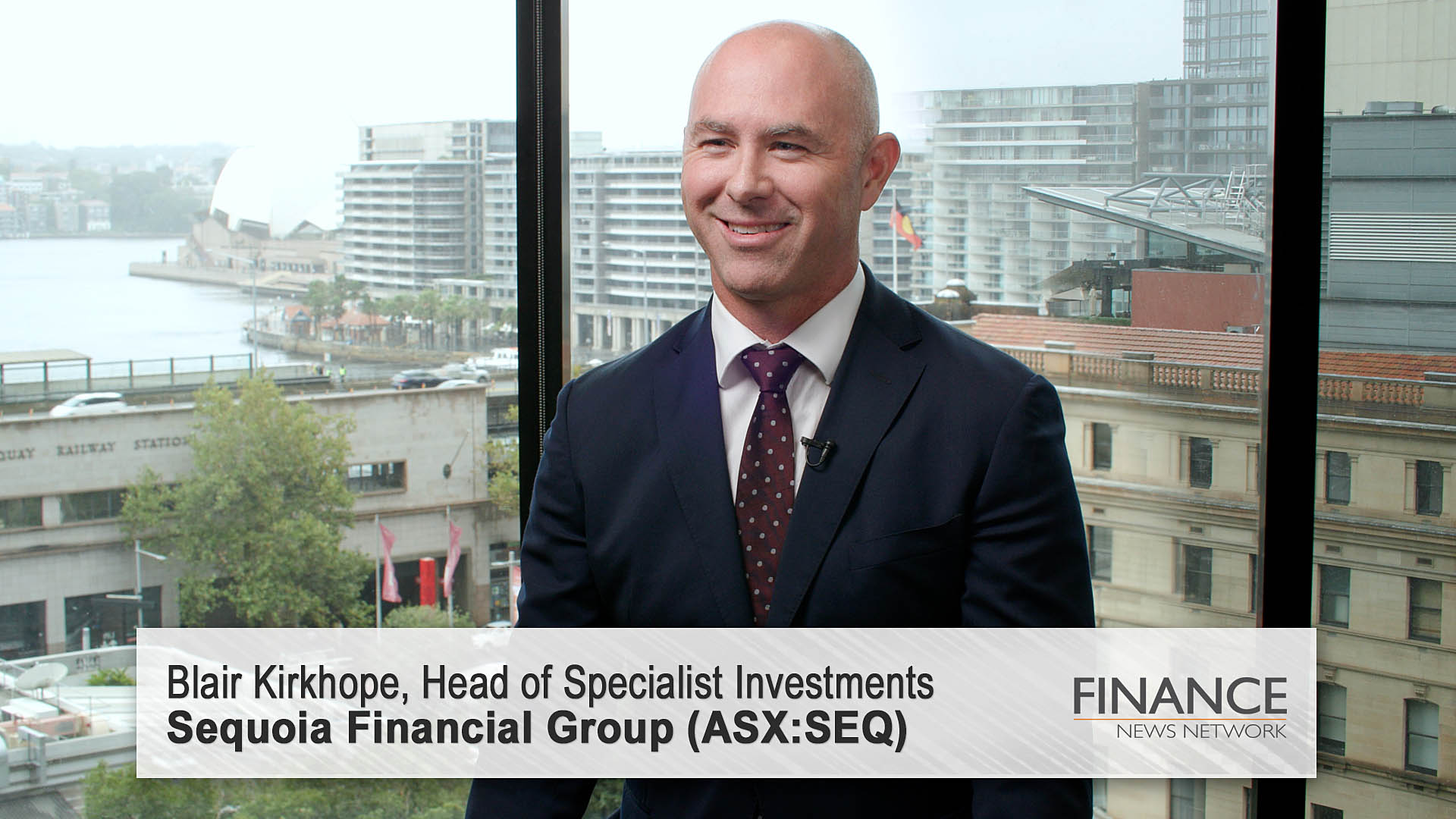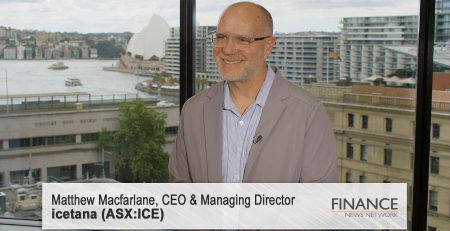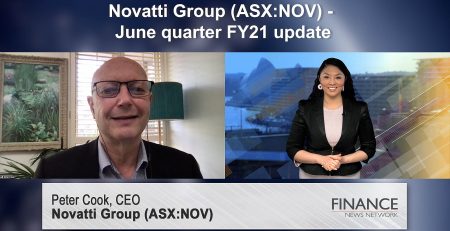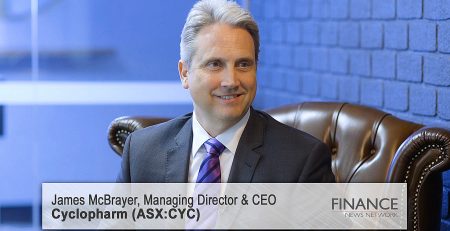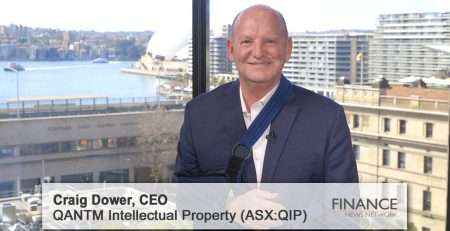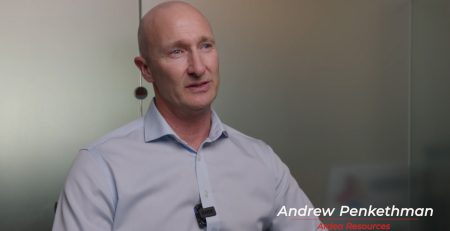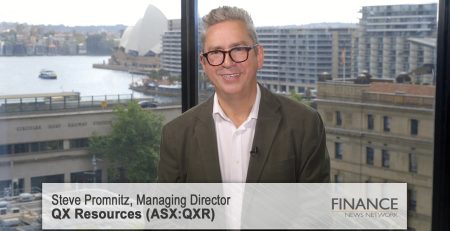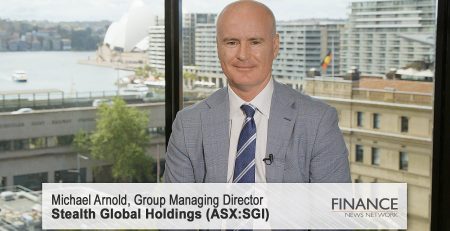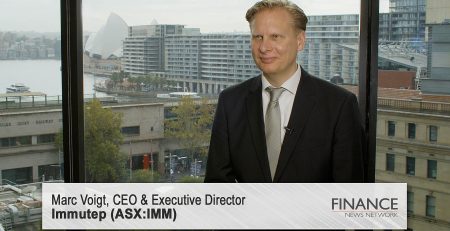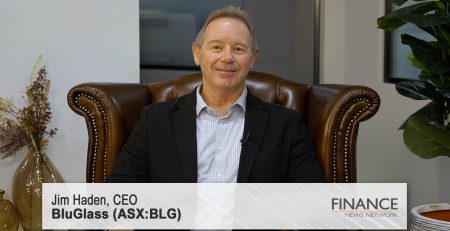Global market reaction on Ukraine crisis, inflation & commodities
Filmed on 1 March 2021
Blair Kirkhope, Head of Specialist Investments at Sequoia Financial Group (ASX:SEQ) discusses trends in investment markets, inflation, and asset classes and sectors to watch.
Melissa Darmawan: There's been a major shift in global markets, reflecting challenges for investors. To talk about what this all means, we're joined by Blair Kirkhope, Head of Specialist Investments at Sequoia Financial Group (ASX:SEQ). Blair, welcome to the network.
Blair Kirkhope: Thanks for having me.
Melissa Darmawan: Great to have you. There's geopolitical tensions growing in Eastern Europe. With markets around the globe reacting differently, what's your view on this?
Blair Kirkhope: Very good question. So, we're obviously seeing a lot of anxiety in financial markets currently at the moment in response to the crisis in Ukraine versus Russia. We have seen a lot of commentary and a lot of reports coming out speaking a little bit to the worst-case scenario, which we don't necessarily believe is unfolding. Our view right now is that we're seeing an initial short-term sell-off in equity markets and across risk assets. We're starting to see a rally in the US dollar. But we're not really facing what we believe is any major crash or anything of the kind across equity markets. All of the models that we follow are suggesting a pullback or correction into mid-March across Australian equities and also US equities. And that's presenting an opportunity, an entry opportunity for investors at that time.
Melissa Darmawan: And in regards to other concerns such as inflation and high interest rates, what's your view?
Blair Kirkhope: A very good question again. So, the question of inflation and interest rates has been at the forefront of news over the last few months as we really started to see the inflation figures pick up, especially in the US. We've seen some of the highest numbers in terms of CPI readings that we've seen for many decades. And that's really starting to apply pressure to the central banks to react and to increase interest rates, and the expectation across the marketplace is that, especially in the US, interest rates will start to rise — potentially five rate rises this year, up to five or six. And we could easily see US interest rates above the 2, 2.5 mark within that timeframe.
What does that mean for asset prices around the world? Government bond prices will continue to be under pressure. We believe that we've seen the all-time high in bonds, and they will continue to remain under pressure as interest rates rise. But, as far as equity markets are concerned, there is a bit of a traditional view that rising interest rates often leads to a crash in equity markets. Again, we don't take the same view. Historically, in leading up to the 1929 high in the US equity market before the Great Depression, we saw interest rates double. During the same times, the equity market actually doubled during that same period, during that two- or three-year period leading into the 1929 high. If you look at what happened during the Trump administration, interest rates rose from above 1 per cent to 3 per cent whilst equity markets were rallying strongly during the same period. So, yes, higher interest rates can cause a rotation across sectors. We've seen the tech sectors in Australia and the US get hit very hard, potentially because of the higher interest rates. However, this does not necessarily suggest a long-term trend across the broader markets in America and in Australia. So, we believe that we will continue to see those markets perform strongly, and that's what we're looking for in the years ahead.
Melissa Darmawan: Now, in regards to inflation, because you have mentioned on that. Over in the US, it's at multi-year highs. But what comes with inflation is also a dent in consumer sentiment. How does confidence play a role in equity markets at this stage?
Blair Kirkhope: That's an excellent question again. So, confidence is something that is really the major driver, I would say, of markets generally speaking. So, capital flows, which is the key driver of asset price trend, is mainly driven by confidence and global confidence. But when we look at confidence, it's about understanding it from an investor's point of view, not necessarily from a consumer's point of view. So, if you are an asset allocator sitting at a trillion-dollar Japanese pension fund and you are deciding how should you allocate your capital across the world, they would be looking at things from the perspective of geopolitical tensions, Europe, on the verge of potential European war, especially if Putin does look to expand his horizons beyond Ukraine, looking at the Baltic states, potentially. If that situation was to unfold, we think Europe would see a huge outflux of capital.
So from an asset allocator's point of view, they will stay clear of places like Europe. On a relative scale, relative basis, the US is still by far the strongest global economy, notwithstanding all the local domestic problems that they have in the US. On a relative basis, the US is clearly the strongest economy, and so we think it will be the location that will attract capital, and that will be received in the form of US dollars. So, US dollar, we see going higher globally, across global currencies. We see US equities going higher for that reason. It's simply international capital flow, fleeing other parts of the world, where there could be a crisis unfolding and confidence from investors is falling. And even US treasuries on a global basis compared to European bonds, we think US treasuries will outperform European bonds in the years ahead, because, again, it will be a place to park capital.
Melissa Darmawan: Let's go to the next level of detail. We've talked about markets. Now, let's have a look at asset allocation – gold, bonds, property, energy. Can I get your view as to how this is all going to work out in the near term?
Blair Kirkhope: The energy sector is the clear winner right now. We've seen oil, WTI, which is the West Texas crude and also Brent, really start to break out. We think they have really started to enter a long-term bullish trend. There was a down-trend line, technically speaking, from the 2008 high in WTI crude at about 150. And we've recently, during 2021, we've broken out through that long-term technical down-trend line for the first time since 2008. And that's a strong technical indicator for us. When you combine that with the fundamental backdrop with what's happening in Ukraine, gas pipelines, oil pipelines being cancelled across the world, huge shortages of supply… Renewables are coming online, but the pace upon which they're able to replace the supply of energy from these other sources is just not going to be fast enough. So, that dislocation across the demand-supply chain context is really going to drive prices higher. So, energy is probably the stronger sector, I thin, right now across the world.
Precious metals, we're seeing a bit of a pick-up. The traditional correlation with precious metals is strong US dollar is typically reflecting in a weaker commodity price. But, again, what we're seeing is that traditional correlation start out to break down. We're seeing stronger US dollar whilst gold and precious metals really start to pick up. We've started to see them really turn the corner. We're not really seeing a breakout at this point, but the early signs of a turn. And so we think it's not a bad place to allocate a part of one's portfolio to precious metals as well.
Bonds, we think it will be under pressure. Equities again, new entry point coming in mid-March. So that's what we see. Maybe emerging market debt.
Melissa Darmawan: I was going to ask you, let's get your view on emerging market debt.
Blair Kirkhope: So, emerging market debt is probably the one place we would stay clear off. Our big concern there is a very large part of that sector of the market has been denominated in US dollars. So, if we go back 5 to 10 years, there was a big hunt for yield, particularly in Europe, as we went to negative interest rates. So, investors were really searching for yield, and emerging markets was one place where they could find it. A lot of that debt, however, was denominated in US dollars. Foreign investors were unwilling to take emerging market currency exposure. So, they were looking for yield through emerging market debt denominated in US dollars.
Now, the issue that we face is if the US dollar really does start to break out, especially if tensions do really intensify across Europe, then we could see the US dollar really start to break out in a strong way, and that could create problems for emerging market borrowers in terms of paying back their debt using local emerging market currencies, but then converted back into US dollars. The cost of repaying that debt is just going to magnify significantly and does cause or create a credit, an increasing credit risk for those instruments. So, yeah, we're staying clear of emerging market debt.
Melissa Darmawan: So if we have a look at the Australian share market, we are resources-rich country – we have Woodside, we've got BHP, we've got Rio. So probably not a talk about individual companies but a look in terms of sectors. Can I get your view as to what potential headwinds or tailwinds we might see in 2022?
Blair Kirkhope: Of course, yes. Australia oil companies, we think… So, Woodside for example, or companies either in Australia or even overseas who are able to continue to offer their product into the marketplace at a time when key important players are being withdrawn from the market, especially out of Russia. We think there are potential winners there in the short to medium term, notwithstanding this political push away from fossil fuels in accordance with the climate change initiative around the world. We think the oil players and gas players that are not facing problems with the situation in Russia right now could be potential winners.
As far as industrial commodities are concerned, again, we remain relatively… I'd say cautiously optimistic. We do have some reservations with the Australian domestic producers there mainly because of geopolitical concerns with China. If the situation with Russia does expand and we see Russia and China start to join forces, which of course we hope that does not occur… And then there is always an underlying risk that there could be some kind of sanctions or something similar in terms of Australian producers trying to sell their product into China. So, that's our main reservation for going too overweight on Australian industrial metal producers.
Melissa Darmawan: So, if we have a look at this situation that we're in, what are some values and principles that investors can mull on to help navigate through these uncertain times?
Blair Kirkhope: Our clear principle that we follow at Sequoia is following trend. We think the price action of an asset is reflecting the fundamental scenario. And if you are seeing a strong trend unfold in the market, from a risk-reward perspective your best bet is following that trend. Having said that, it's always important to always have a very clear line in the sand as to when that trend can change on a long-term basis. And so it's always important not to have a fixed mindset from an investment perspective, but to always retain a flexible and dynamic attitude to the way that you manage your portfolio. A good example there is bonds, government bonds. We don't believe that it is a sensible thing for investors to have a large allocation to European government debt, for example. At zero interest rates and a credit risk on some of those European governments, really doesn't sufficiently reward the investor. So, that's a very good example of staying clear of certain asset classes, but trend for us is critical.
Melissa Darmawan: All right, Blair, thank you so much for your insights. I look forward to speaking with you again.
Blair Kirkhope: Thanks very much. It's been an absolute pleasure.
Ends
Disclaimer
Sequoia Specialist Investments Pty Ltd provides General Advice only in its role as an issuer of investments arranged by Sequoia Asset Management Pty Ltd (ACN 135 907 550 / AFSL 341506). Any general advice provided is without regard to any individual's personal objectives, financial situation or needs. It is not specific advice for any particular investor and it is not intended to be passed on or relied upon by any person. Before making any decision about any general advice provided, you should consider the appropriateness of the general advice presented, having regard to your personal objectives, financial situation and needs. Any indicative information and assumptions used may change, particularly if based on past performance. We believe that the information contained herein was correct at the time of compilation, however no warranty of accuracy or reliability or completeness is given to any information contained in this presentation and no responsibility for any loss or damage whatsoever arising in any way for any representation, act or omission, whether express or implied (including responsibility to any person by reason of negligence) is accepted by Sequoia Specialist Investments Pty Ltd, its directors, employees, agents and third party information providers.
Sequoia Financial Group (ASX:SEQ) is the parent company of the Finance News Network.
Copyright 2022 – Finance News Network
Source: Finance News Network

